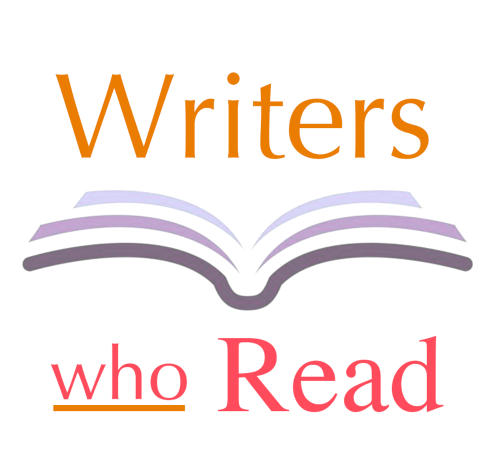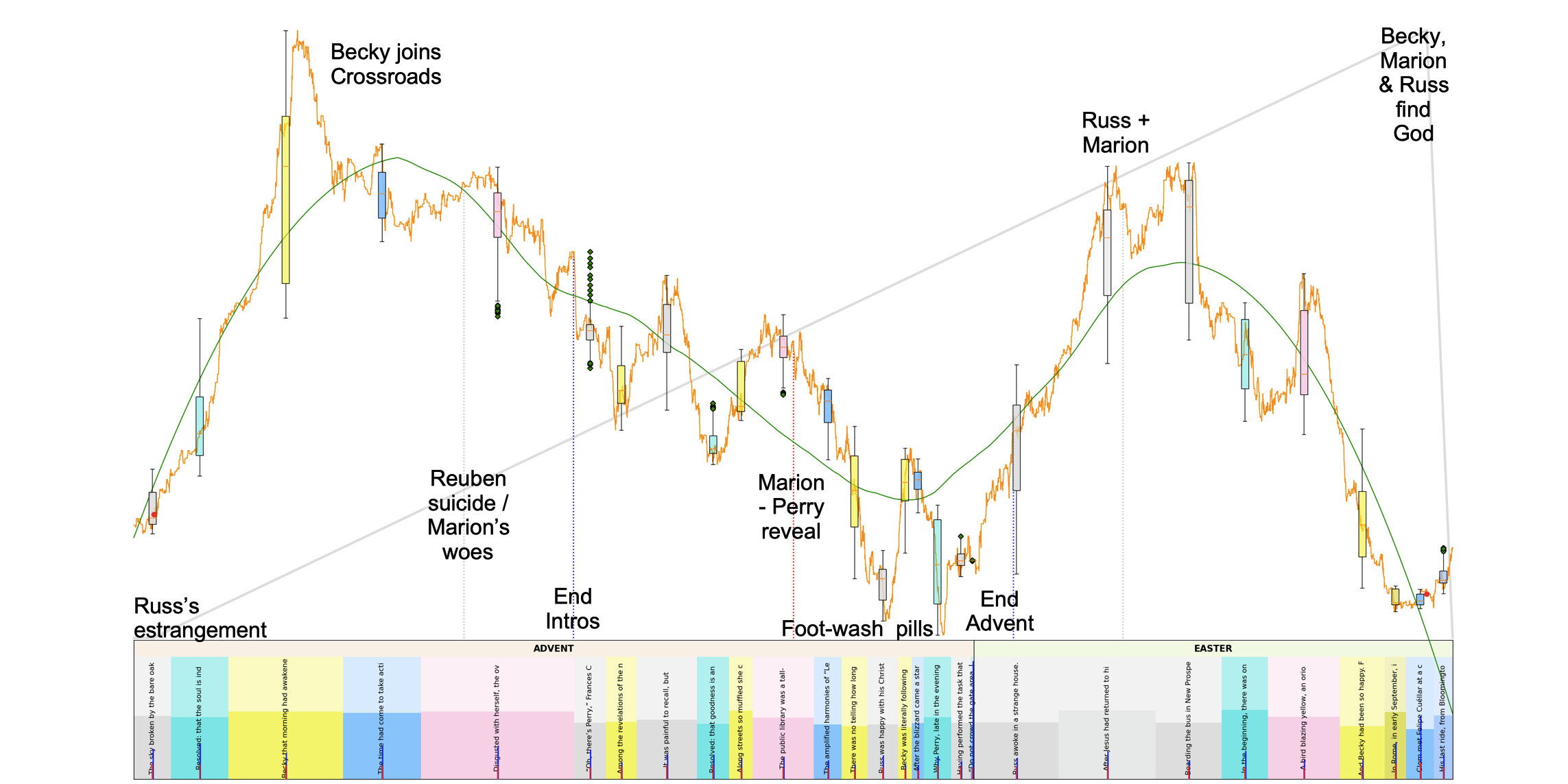Agenda
- Why We're Here / Roundtable Rules
- Introduction to Literary Forensics
- Group Discussion
- Further Study
Why We're Here
We writers want to improve our craft
by reading like a writer
We learn from each other
using Literary Forensics
Roundtable Rules
Always refer back to the book
Practice active listening & serendipity
Every feeling and observation is valid...
but not every conclusion
Always refer back to the book
Reading Teaches Writing
Meet today's author: Jonathan Franzen
- Born in 1959
- 6 Novels: The Twenty–Seventh City (1988), Strong Motion (1992),
The Corrections (2001), Freedom (2010), Purity (2015) - Essayist: New Yorker, Harpers
- Literary movements: Social Realism, New Sincerity
- Notable awards: National Book Award (2001), James Tait Black Memorial Prize (2002)
- Notable feuds: Oprah (2001-), Twitter, e-books
What do you feel?
What in the book elicited that feeling?
Every feeling and observation is valid...
but every conclusion should be questioned
We practice serendipity
- nothing is too crazy
Always refer back to the book
What do you notice?

Crossroads - Stats & Background
- Marketing: Family Life Fiction, Literary Fiction, American Literature
- Genre: Historical Archplot Longform
- Print Pages: 592
- Word count: 218,711; Avg. wds/sent.: 13.34
- Reading Grade: 8th; Lexical Density: 46.64
- Flesch Reading Ease: 72.20
- POV: Russ, Marion, Becky, Clem, Perry; Person: 3rd; Tense: Past
- Publish date: October 5, 2021
- Publisher: Farrar, Straus and Giroux
- Sold By: Macmillan
- Audio book narr.: David Pittu (24 hours 57 minutes)
- Part 1 of 3 - trilogy entitled: The Key to all Mythologies
- (Hildebrandt family, spanning 50 years)
- The Key to all Mythologies is also the title of Rev. Edward Casaubon's failed novel in George Eliot's Middlemarch, intended as a monument to Christian syncretism, but his research is out of date as he cannot read German. He is aware of this but admits it to no one.
- Awards: Best Books of the Year 2021: Time Magazine, Amazon.com, NPR, The Guardian (UK), LA Times, Washington Post, Hudson Booksellers, Vogue Magazine, Minneapolis Star Tribune, NY Times Book Review, Seattle Times, Financial Times, Oprah.com, Kirkus Reviews,Slate Book Review, USA Today
Syncretism
- [New Latin syncretismus, from Greek synkrētismos federation of Cretan cities, from synkrētizein to unite against a common enemy] First known use: 1618 (sense 1)
- 1 : the reconciliation or union of conflicting (as religious) beliefs or an effort intending such; specifically : a movement of a Lutheran party in the 17th century led by George Calixtus seeking the union of Protestant sects with each other and with the Roman Catholic Church
- 2 : flagrant compromise in religion or philosophy : eclecticism that is illogical or leads to inconsistency : uncritical acceptance of conflicting or divergent beliefs or principles
- 3 : the developmental process of historical growth within a religion by accretion and coalescence of different and often originally conflicting forms of belief and practice through the interaction with or supersession of other religions
- 4 : the union or fusion into one of two or more originally different inflectional forms”
- — Webster's Third New International Dictionary Unabridged

